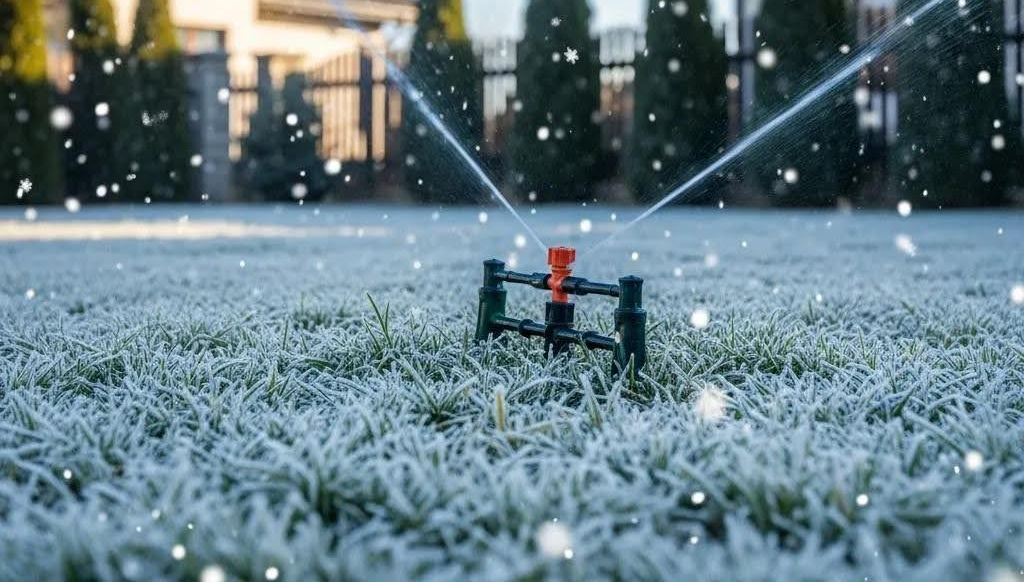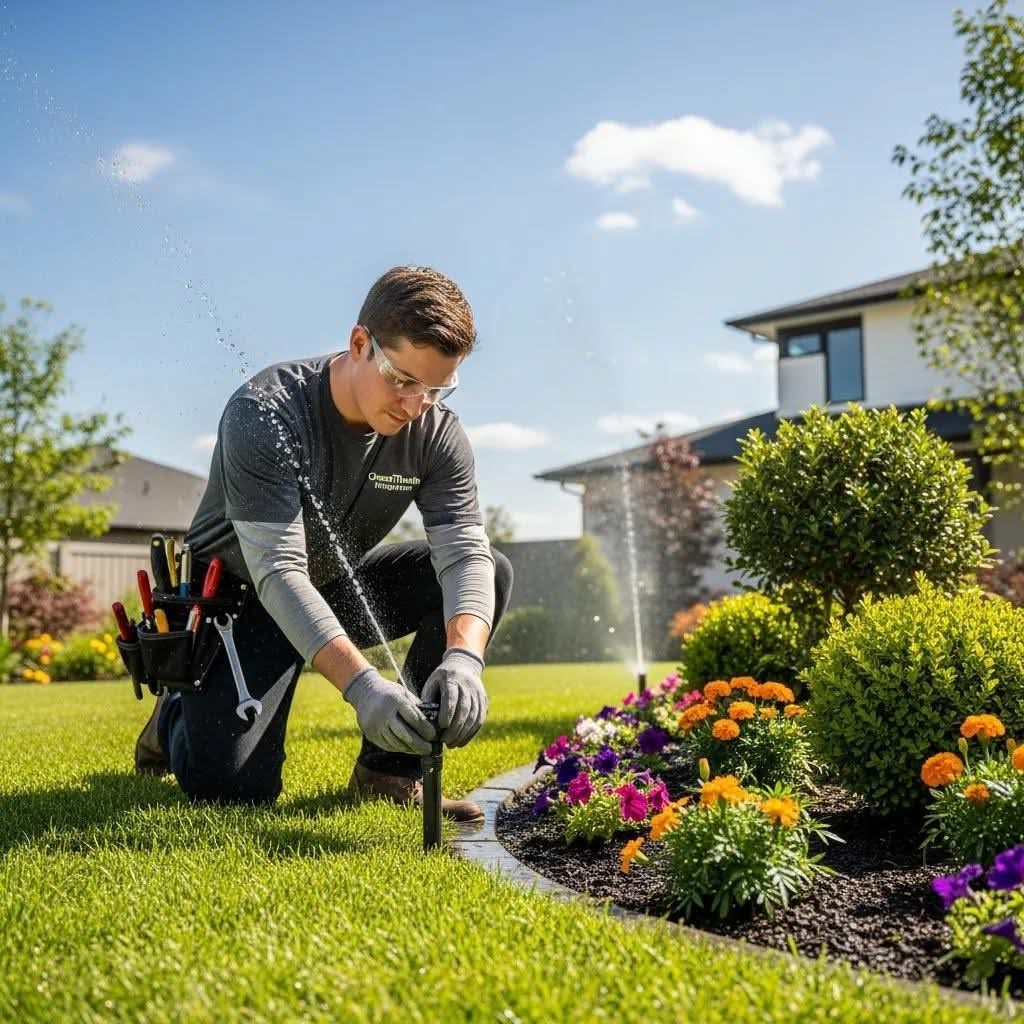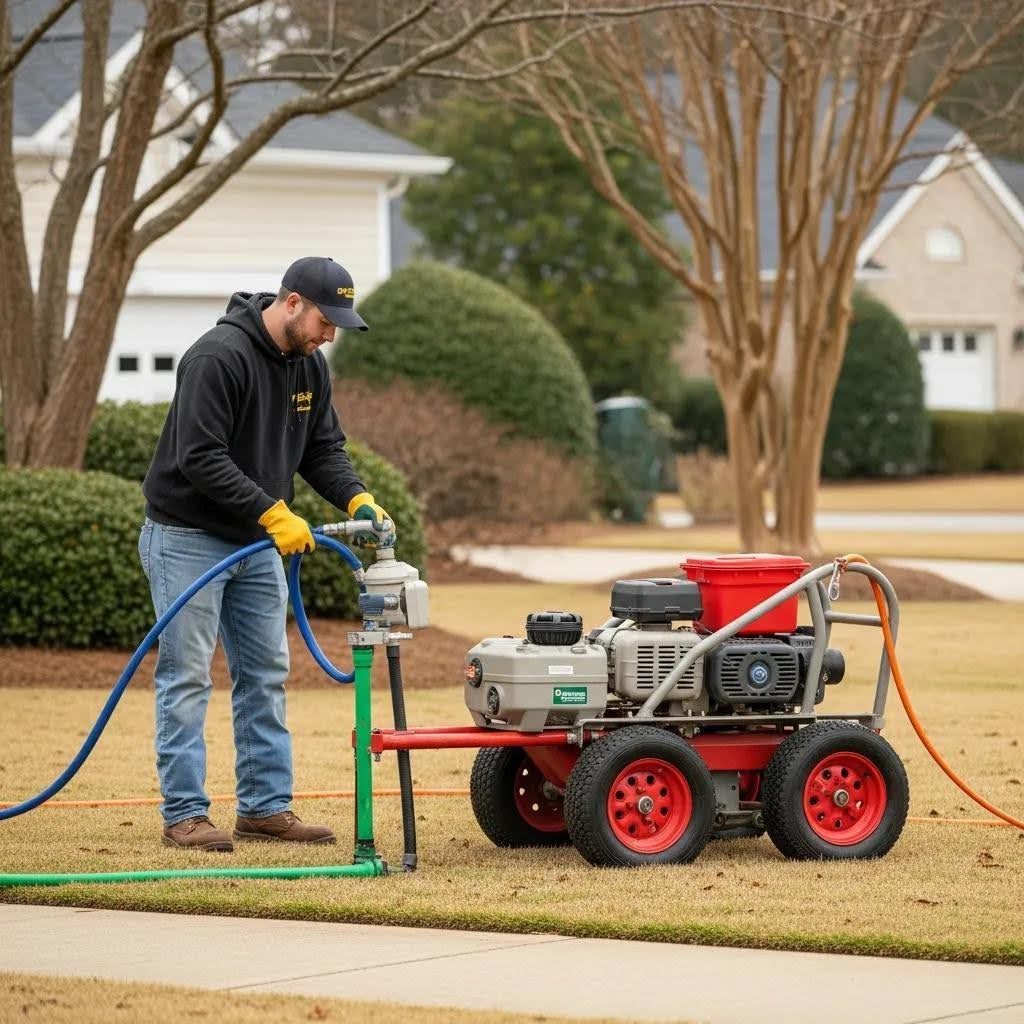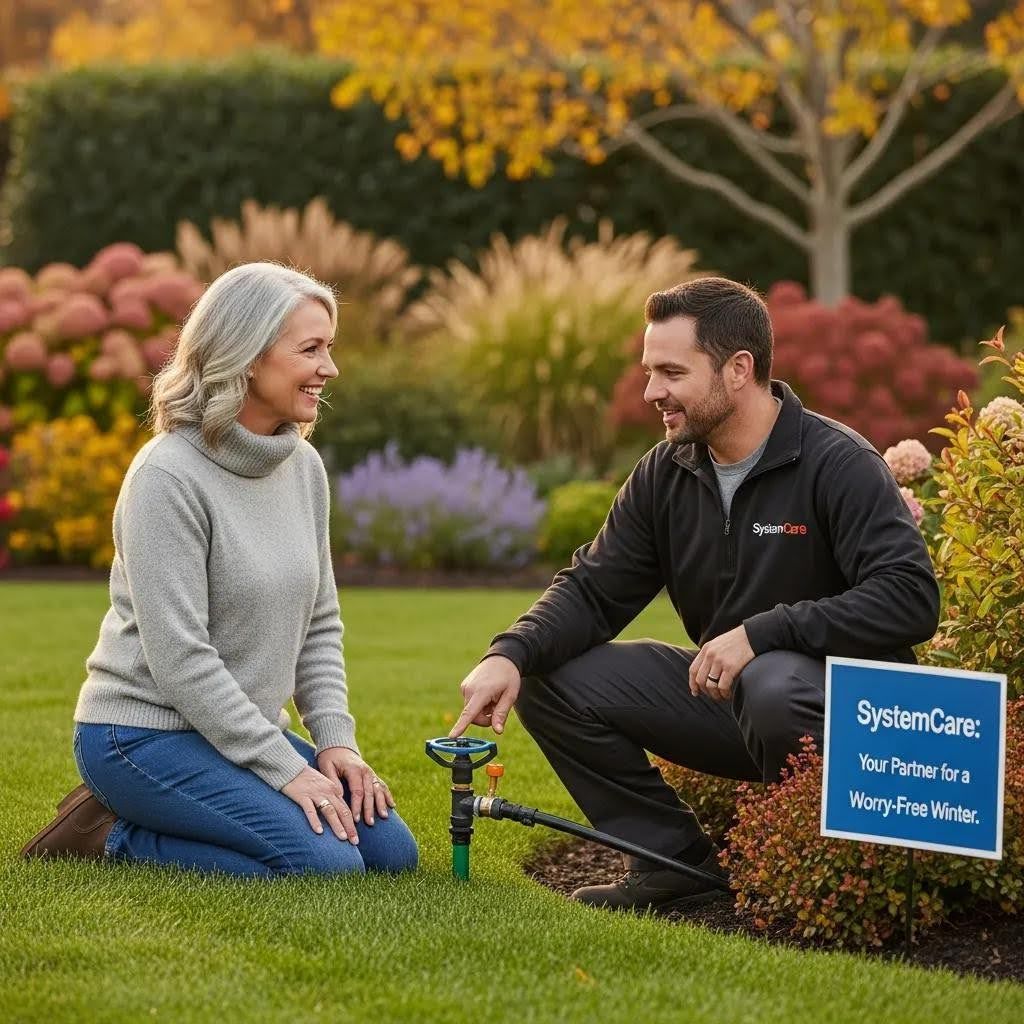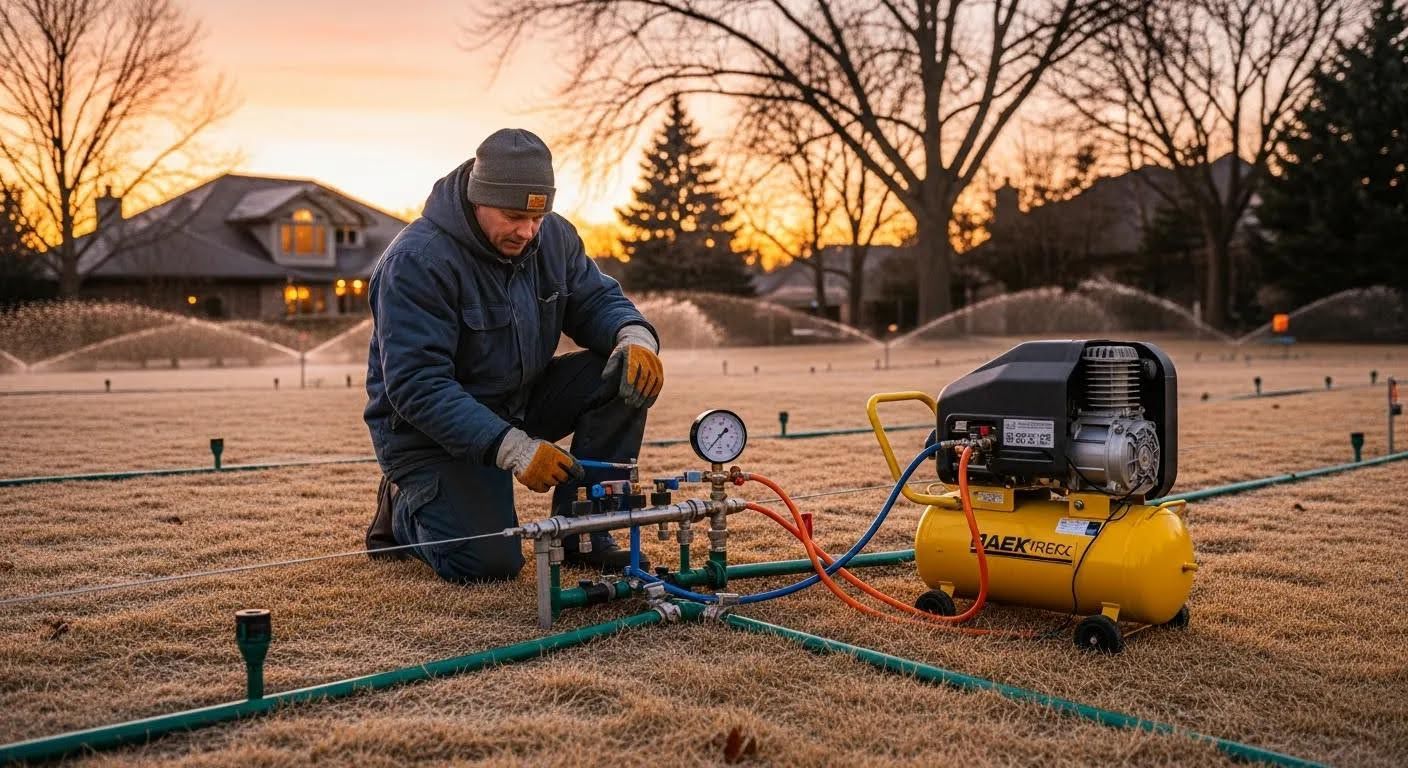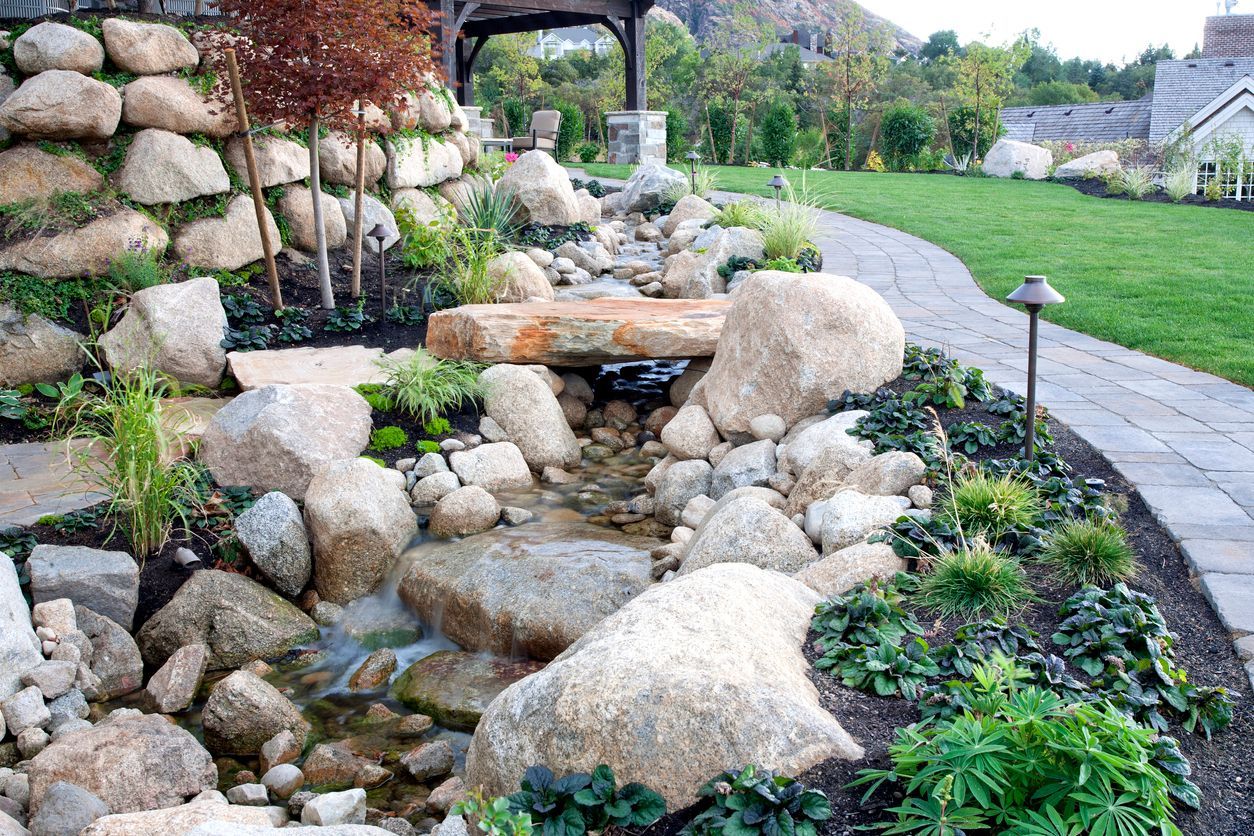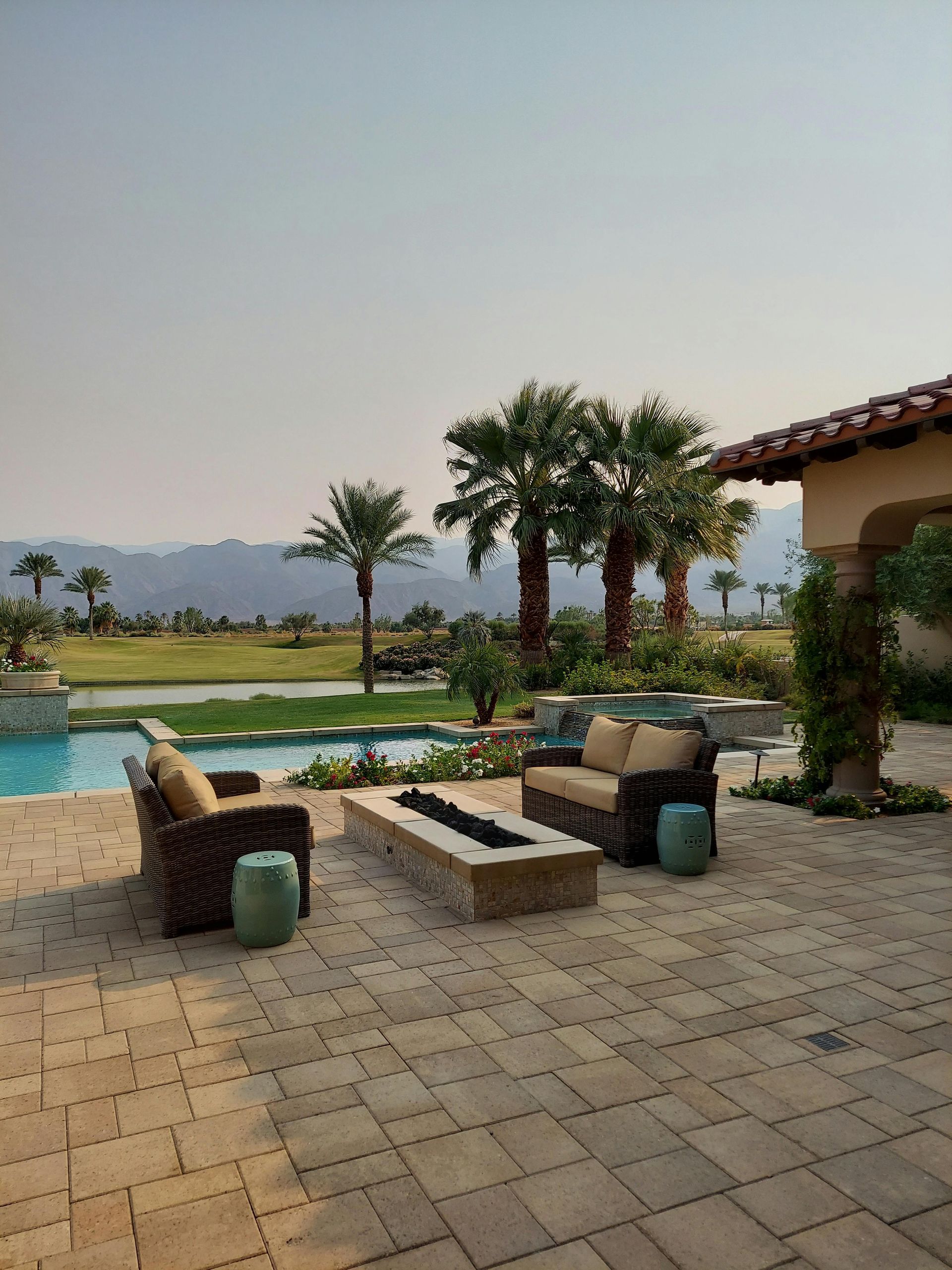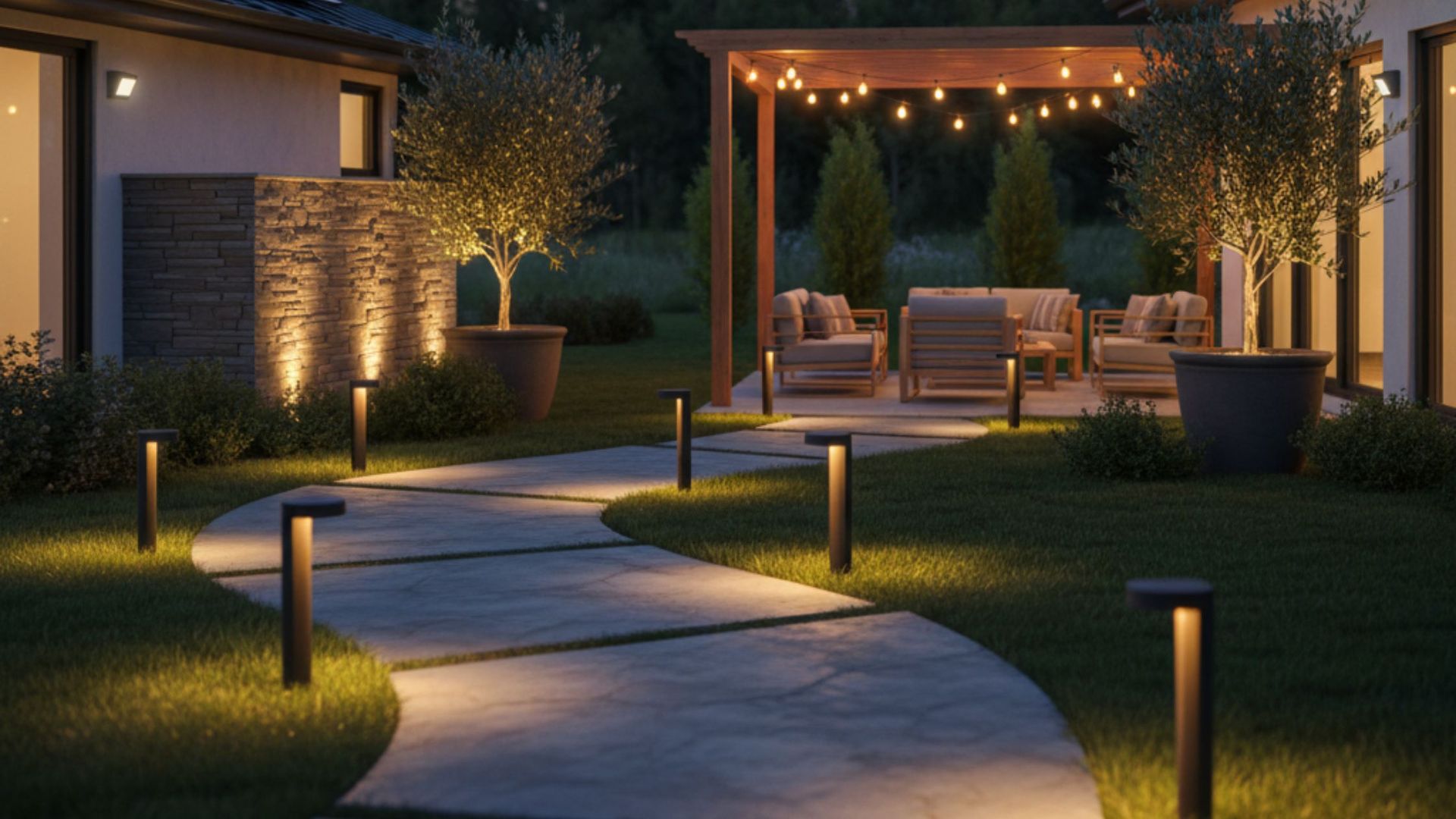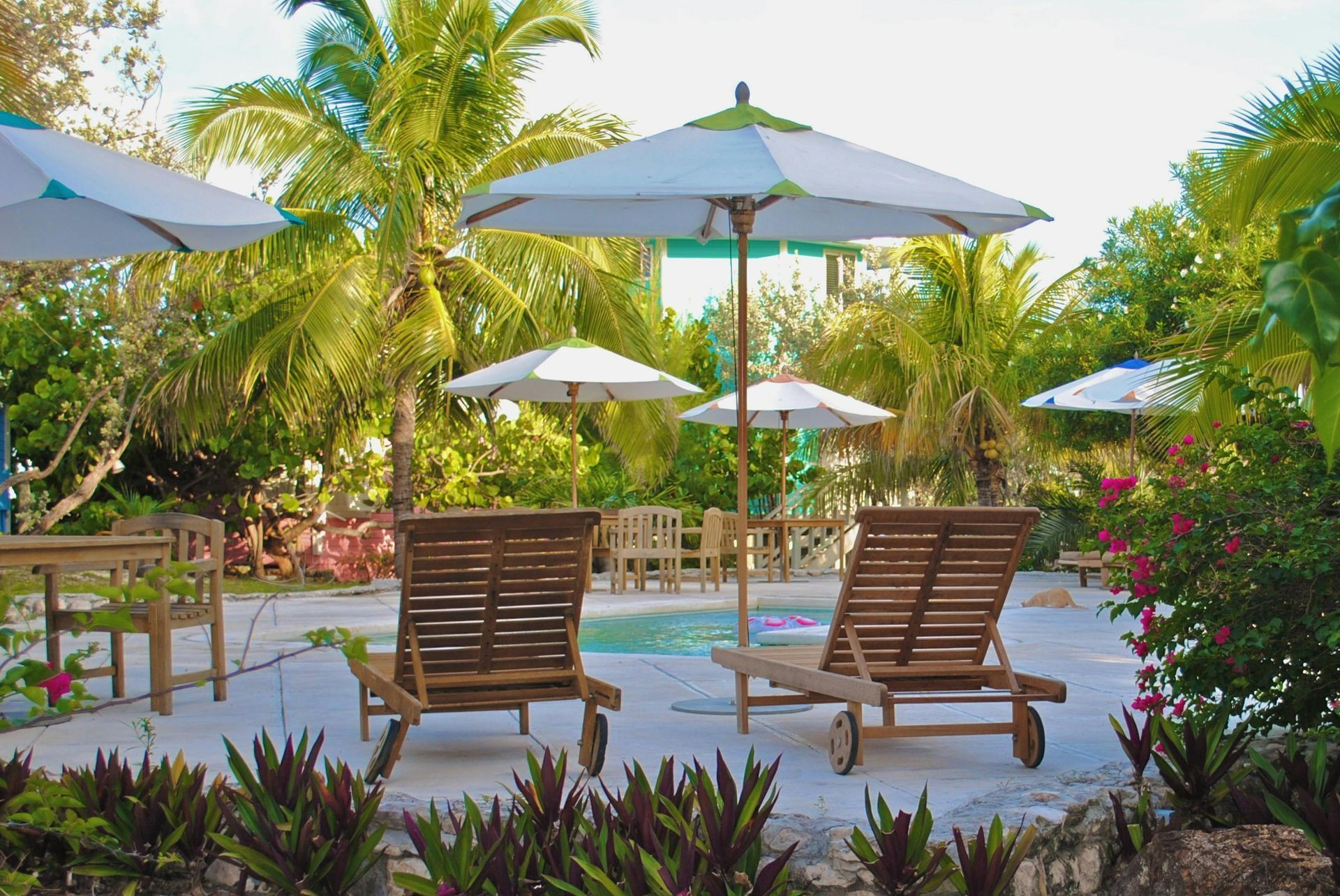How Much Does It Cost to Install an Irrigation System in Hampton Roads?
Installing a yard irrigation system combines art and science, balancing landscape aesthetics with efficient water management. In Hampton Roads, homeowners face a unique coastal climate, sandy loam soils, and stringent water regulations that influence installation costs. From the choice of sprinkler head brands like Rain Bird and Toro to advanced weather-based controllers and rain sensors, each component factors into the overall expense. Engaging an experienced team ensures zones are calibrated correctly, trenches are dug without damaging tree roots, and backflow preventers meet local codes. For those exploring options, understanding the granular details behind sprinkler system cost Hampton Roads is crucial for smart budgeting and long-term savings.
What factors affect the cost to install a sprinkler system in Hampton Roads?
An array of variables—from yard size and shape to soil composition and local labor rates—determines final pricing for irrigation systems in Hampton Roads. Irrigation Company Hampton Roads professionals analyze site-specific conditions before offering estimates, ensuring homeowners get accurate figures. Components such as drip irrigation for flower beds, rotary nozzles for turf zones, and high-efficiency valves all carry distinct price tags. Permitting fees tied to municipal water connections, trenching through rocky substrate, and the integration of smart irrigation estimates further refine project costs. By breaking down these elements, residents can anticipate both upfront and ongoing expenses.
Why Choose an Irrigation Company Hampton Roads?
Irrigation Company Hampton Roads brings a decade of specialized experience to every installation, leveraging advanced zoning strategies to maximize water conservation. Expert teams understand Hampton Roads’ sandy soils, humid subtropical climate, and local code requirements for backflow preventers. This regional expertise reduces costly surprises—like rerouting pipes around underground utilities or adjusting schedules for seasonal rainfall patterns. Engaging a trusted provider streamlines the process from permit acquisition to post-installation calibration, ensuring systems run efficiently. Professional installation often yields lower utility bills and healthier lawns compared to DIY attempts.
Understanding sprinkler system cost Hampton Roads: size, zones, and components
Homeowners in Virginia Beach or Chesapeake often find that yard size is the single biggest cost driver in sprinkler installation. A quarter-acre lawn with five zones usually averages $2,500 to $4,500, while larger properties can scale up to $10,000 or more per acre. Each zone requires its own valve, solenoid, and sometimes a separate controller station, particularly when mixing turf areas with shrub beds or vegetable gardens. Standard PVC piping, pop-up heads, and basic timers form the foundation, but upgrades like wireless rain sensors or app-enabled controllers add $200–$600 to the budget. Ultimately, component selection hinges on the homeowner’s priorities for water efficiency, automation, and durability.
How smart irrigation estimates can help homeowners budget
Smart irrigation estimates harness soil moisture sensors, weather forecasts, and flow meters to project both installation and annual operating costs. By simulating watering schedules that adapt to rainfall, these tools highlight potential utility savings over time. In Hampton Roads, where summer downpours alternate with dry spells, automated adjustments can slash water waste by up to 30 percent. Landscape designers often integrate this data into site plans, specifying drip lines for perennial beds and rotary sprinklers for open turf. Investing in a smart controller upfront may increase installation costs by $300–$700, but many homeowners see ROI through reduced municipal water consumption within one to three seasons.
Comparing irrigation system pricing VA: regional trends and insights
Across Virginia’s coastal plain, regional installers offer a spectrum of pricing models—from flat-rate packages to customized per-linear-foot fees. In areas like Norfolk and Newport News, competitive markets have driven base pricing to $0.25–$0.40 per square foot for standard systems. More complex layouts or premium components can push that rate above $0.60 per square foot. Local providers frequently include no-obligation site assessments, highlighting savings opportunities such as zone consolidation or rainwater harvesting integration. Homeowners seeking transparency often compare at least three detailed proposals before committing, ensuring they understand line-item costs for digging, piping, heads, and controls.
In the heart of Virginia Beach, many homeowners begin their research by seeking out a Best Irrigation Company in Hampton Roads to glean real-world feedback.
Seasonal considerations and climate impact on pricing
Hampton Roads’ subtropical climate brings high humidity, frequent summer storms, and occasional drought periods. Installers must account for seasonal schedules, trenching constraints during wetter months, and potential winterization needs to prevent freeze damage. Systems requiring winter blow-outs or antifreeze setups can increase initial costs by 10–15 percent. Similarly, spring start-up services ensure controllers are reprogrammed and any pipe shifts from winter settling are corrected. Proactive maintenance packages often include these services at a bundled rate, smoothing out yearly expenses and protecting the investment.
Site preparation: trenching, grading, and backflow installation
Effective irrigation depends on precision trenching to bury pipes at consistent depths—typically eight inches for freeze protection—while avoiding root systems and utility lines. Excavation equipment rental fees and labor rates ($40–$70 per hour) vary by terrain difficulty, soil hardness, and yard complexity. Post-digging, sites often require grading to prevent pooling around heads or controller boxes. Municipal regulations in Hampton Roads mandate certified backflow preventers to protect drinking water; these devices, made of brass or PVC, add $150–$350 depending on size and type. Proper site preparation streamlines head alignment and water pressure calibration, minimizing future repairs.
It’s important for homeowners to Contact us early in the planning phase to secure accurate trenching quotes and zoning layouts.
Technology integrations: weather-based controllers and remote monitoring
Modern irrigation systems extend beyond simple timers to include weather-based controllers that pause watering during rainfall and adjust schedules according to temperature shifts. Brands like Rachio, Hunter Hydrawise, and Toro Evolution offer mobile-app integrations for remote scheduling, diagnostics, and real-time alerts. The addition of soil moisture probes and flow-rate monitors can preempt leaks or blockages, safeguarding against water wastage and landscape stress. Although these smart add-ons boost up-front fees, they often reduce annual water use by 20–40 percent, translating into lower utility bills and improved plant health.
Drainage solutions and landscape lighting synergy
Some homeowners choose to integrate drainage improvements—like French drains or dry creek beds—alongside irrigation installation to manage runoff during heavy coastal storms. Costs for yard drainage solutions typically range from $2,000 to $6,000, depending on scale and complexity. When combined with low-voltage landscape lighting, these upgrades enhance both functionality and curb appeal. Strategically placed LED fixtures can illuminate paths, accentuate garden features, and even sync with irrigation schedules for dusk-to-dawn operation. Bundling these services can unlock package discounts and provide cohesive landscape coverage.
For a seamless landscape upgrade, many property owners enlist Hampton Roads Irrigation & Landscape, leveraging their full suite of services from system design to lighting installation.
Maintenance, warranties, and long-term savings
Routine maintenance preserves system health, including seasonal inspections, nozzle adjustments, and winterization. Annual service contracts in Hampton Roads often start at $150–$300 per year, covering two visits and minor repairs. Manufacturers typically back valves and controllers with 2–5 year warranties, while heads and piping enjoy longer lifespans if installed correctly. Over a decade, consistent care can prevent major breakdowns, ensuring return on investment through reduced water bills and avoided replacement costs. Proactive warranty management also streamlines claims when component failures arise.
Financing options and cost-sharing incentives
To ease the burden of upfront installation costs, many irrigation providers partner with financing companies offering 0% interest plans for 12–18 months. Homeowner association rebates or municipal water-saving incentives may further offset expenditures by up to 20%. Some jurisdictions in Hampton Roads also provide credit for rainwater harvesting systems or xeriscape installations. By combining financing with local rebates, homeowners can achieve professional irrigation upgrades with minimal immediate outlay, maximizing value while promoting sustainable landscaping practices.
Making the right choice: DIY vs. professional installation
While DIY sprinkler kits can cost as little as $500–$1,500 for basic setups, they often lack warranties, professional calibration, and compliance with local codes. Amateur installations risk uneven coverage, waterlogging, or fines for missing backflow prevention. In contrast, licensed installers provide turnkey services—from mapping sprinkler head arcs to securing permits—ensuring code adherence and long-term reliability. Although professional labor adds to initial cost, it typically pays dividends in system performance, warranty coverage, and long-term water savings.
Conclusion
Determining sprinkler system cost in Hampton Roads requires a nuanced evaluation of landscape variables, component selections, and regional labor rates. By understanding yard size implications, smart irrigation estimates, and local irrigation system pricing VA, homeowners can craft budgets that balance performance with affordability. Investing in professional expertise—whether through specialized Irrigation Company Hampton Roads teams or full-service providers like Hampton Roads Irrigation & Landscape—ensures compliant installations, optimized water use, and durable warranties. With transparent estimates and tailored solutions, residents can enjoy lush, sustainable landscapes while maximizing property value.
Frequently Asked Questions
How much does a typical in-ground sprinkler system cost in Hampton Roads?
On average, a professionally installed in-ground system for a 0.25-acre yard ranges from $2,500 to $4,500, depending on the number of zones, soil conditions, and technology upgrades.
What components are essential for efficient water usage?
Key elements include weather-based controllers, soil moisture sensors, high-efficiency sprinkler heads, and drip tubing for garden areas. These features can reduce water waste by up to 40%.
Are there rebates or incentives for installing a smart irrigation system?
Yes. Many local water authorities in Hampton Roads offer rebates up to 20% for smart controllers and rainwater harvesting integrations, alongside financing options with no interest for approved credit.
How often should homeowners schedule maintenance?
Most professionals recommend biannual inspections—spring start-up and fall winterization—to verify valves, emitters, and controllers, ensuring optimal performance and preventing freeze damage.
Can adding landscape lighting and drainage solutions save money?
Bundling drainage and lighting with irrigation installations may unlock package discounts, streamlining project coordination and enhancing both functionality and curb appeal.
